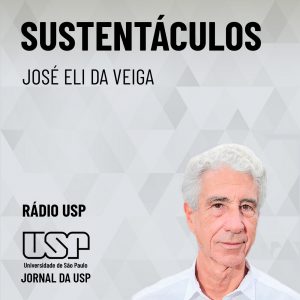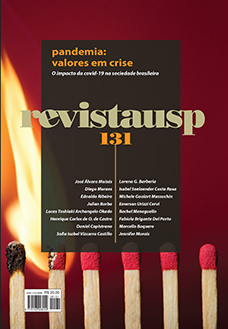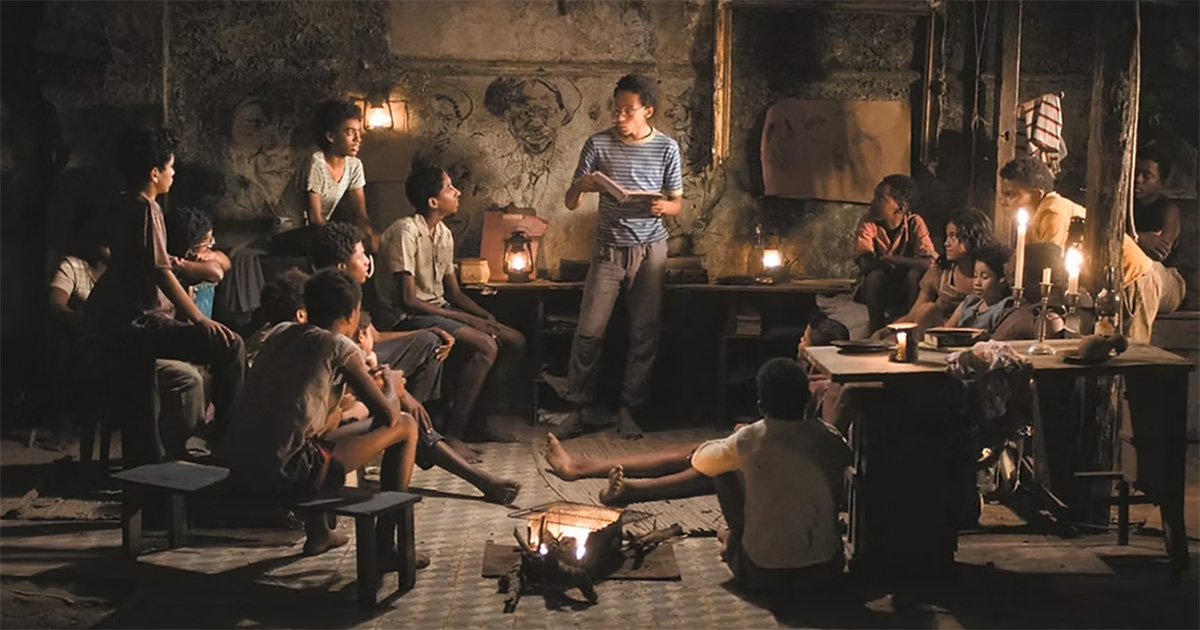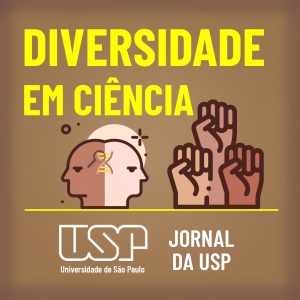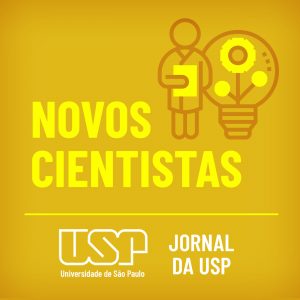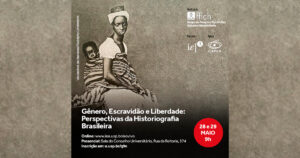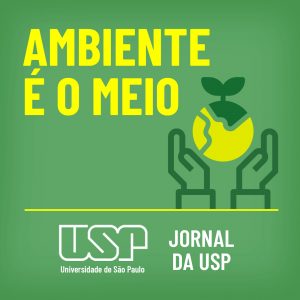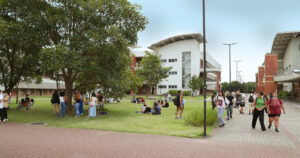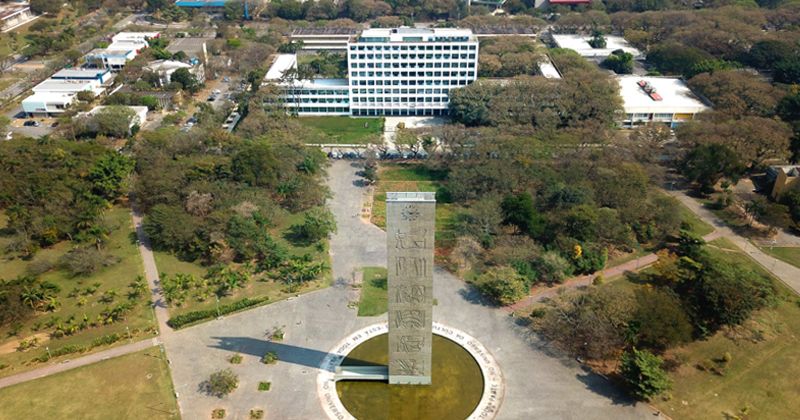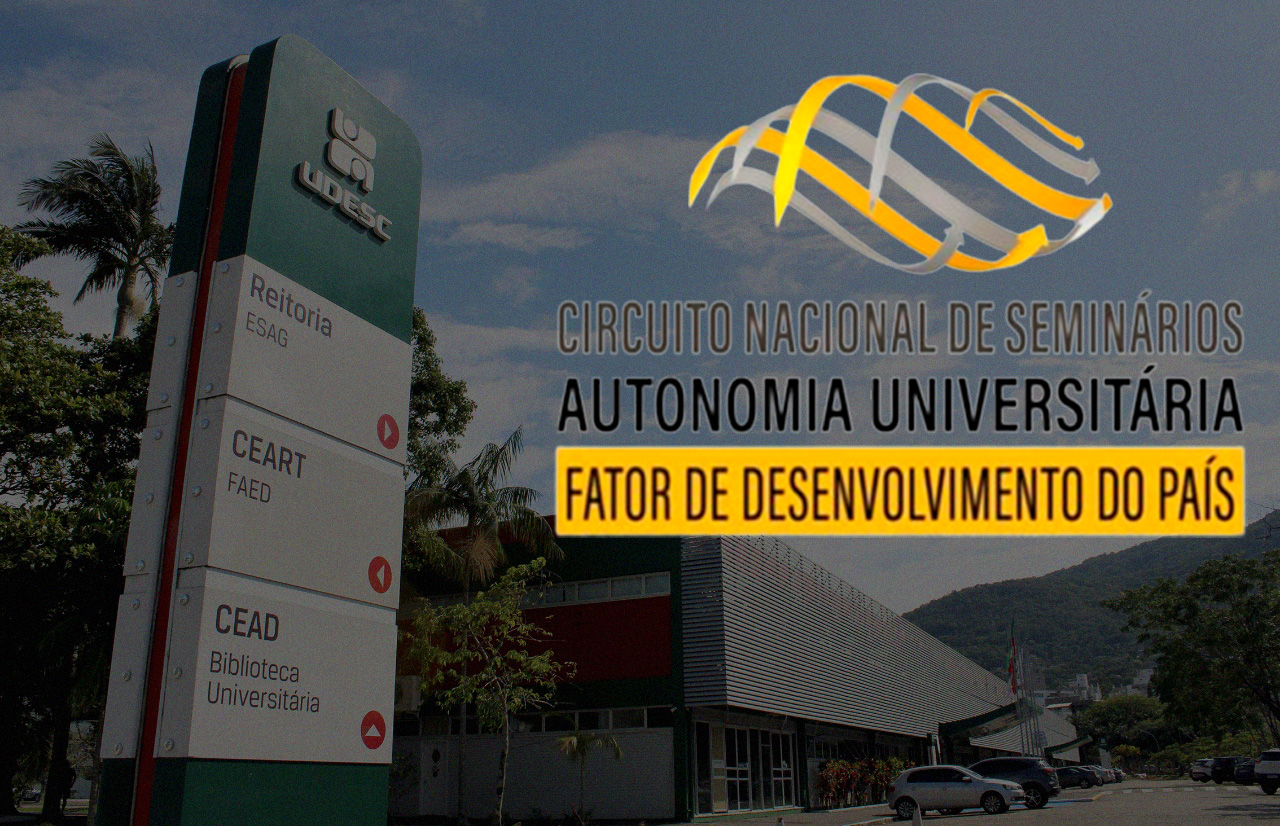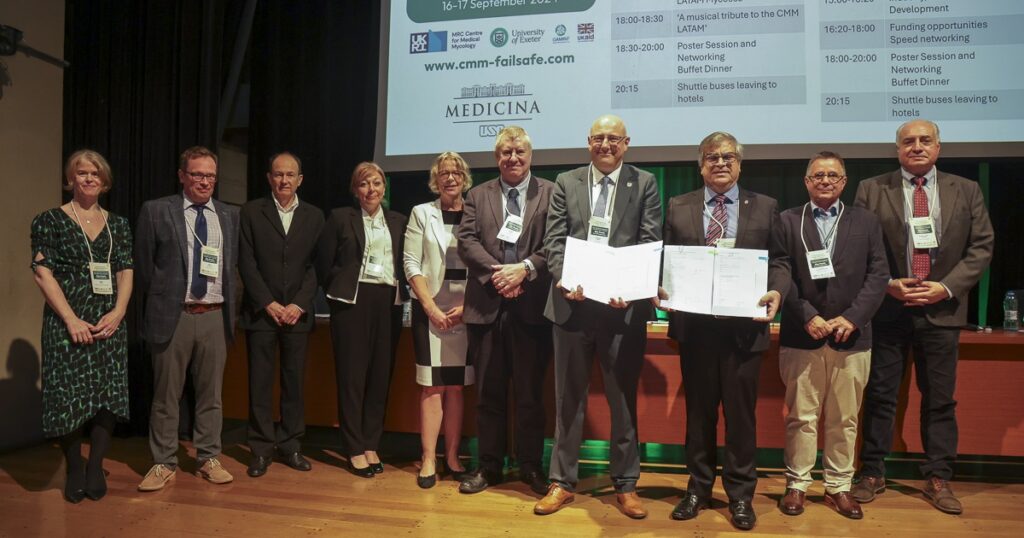
 The new Center for Medical Mycology Latin America (CMM Latam) was launched on Monday, September 16. A result of a partnership between the Institute of Biomedical Sciences (ICB) and the University of Exeter (UE) in England, the initiative sets the beginning of a joint management effort for a medical mycology unit based at USP, related to existing centers in the UK and South Africa, as well as a future branch to be established in Asia in a yet-to-be-determined location, forming an integrated global network of laboratories and researchers. The Medical School (FM), the Pharmaceutical Sciences School (FCF), and the Ribeirão Preto Medical School (FMRP) are also participating in the project.
The new Center for Medical Mycology Latin America (CMM Latam) was launched on Monday, September 16. A result of a partnership between the Institute of Biomedical Sciences (ICB) and the University of Exeter (UE) in England, the initiative sets the beginning of a joint management effort for a medical mycology unit based at USP, related to existing centers in the UK and South Africa, as well as a future branch to be established in Asia in a yet-to-be-determined location, forming an integrated global network of laboratories and researchers. The Medical School (FM), the Pharmaceutical Sciences School (FCF), and the Ribeirão Preto Medical School (FMRP) are also participating in the project.
The inaugural event took place during the opening of a major international meeting, Tackling Human Fungal Infections in Latin America, which was held in the FM auditorium between September 16 and 17, and brought together around 450 participants from 46 countries and 48 different medical specializations. Speakers included guests from various Brazilian states and countries such as the United Kingdom and the United States.
The purpose of the new center is to boost research and medical training in regions where fungal infections have been causing great harm to human health, which should occur through the creation, for the first time in the history of medical mycology, of a global and integrated network.
According to the organizers of the seminar, this type of pathogen has been exerting a significant negative influence on humans, animals, and plants, impacting the extinction of species, food security, and ecosystem imbalances. Every year, more than 2 billion people are infected by fungi in the world, with around 1.6 million deaths. In Brazil, almost 4 million people suffer from severe fungal infections. Even so, this area has been understudied and underdiagnosed when compared to other infectious diseases.
The director of Exeter’s Centre for Medical Mycology, Gordon Brown, celebrated the launch and highlighted its relevance: “This is a historic moment for medicine, with the potential to have a major impact on the research and treatment of diseases that seriously affect millions of people every year. In addition, this is an important step for us to increase our interaction and collaboration with USP”.

For the local director of CMM Latam, Arnaldo Colombo, “fungal diseases have seen a substantial increase in incidence in Latin America, exhibiting a great diversity of pathogens. This is expected to worsen with the rise in the susceptible population for these types of infections, such as the elderly, immunocompromised individuals, or those with chronic diseases”. Colombo also emphasized the role of climate change: “Natural disasters and extreme events such as floods, which have become increasingly frequent, are also risk factors for an increase in these diseases.” He ended with a call for urgent solutions: “We are talking about diseases that, even when they do not cause death, can have severe and aggressive sequelae, resulting in mutilations that could have been avoided. Challenges such as high rates of underreporting or drug resistance need to be tackled through a multidisciplinary ecosystem with collaborations and synergies.”
The dean of USP, Carlos Gilberto Carlotti Junior, was present at the ceremony and said that the new center is of strategic importance: “The current management of our institution has placed great value on internationalization as a tool for improving the quality of research. We know that mobility is important, but having international laboratories operating within USP, in collaboration with partners from around the world, is an opportunity that helps create an international environment within the University,” he commented, also recalling other partnerships already in place, such as the Institut Pasteur of São Paulo and the French National Centre for Scientific Research (CNRS, from the French Centre National de la Recherche Scientifique), both in collaboration with French institutions.

Carlotti also drew attention to the new global context and its challenges for the health sector: “We are living through the Anthropocene and its consequences for human life. The global temperature has already reached irreversible points of increase and is heading towards a level that could be disastrous in terms of diseases and even the risk of new pandemics. The only way we can face this worrying global reality is to join forces and work together as a network,” he urged.
The ceremony was also attended by the director of CMM Latam in Exeter, Elaine Bignell; the EU’s vice president for global engagement, Richard Follet; the UK’s deputy consul general in São Paulo, Sarah Clegg; CMM Africa’s associate professor, Claire Hoving; and the co-director of the Tropical Medical Research Center for Thalaromycosis in Vietnam, Thuy Le.
The operation of the new center
The new center will focus on five central themes: Microbial Evolution and Pathogenesis (focusing on host-pathogen interaction, drug resistance, vaccine development, and alternative therapies); Biomarkers and Diagnostics (identifying new biomarkers and diagnostic tools); Burden, Natural History, and Clinical Management (obtaining epidemiological data and research tools to validate new diagnostic and therapeutic strategies); One Health (interdisciplinary networks focusing on the interconnections between animal health, environmental changes, and climate as factors contributing to human infection, as well as monitoring zoonotic transmission of fungi to human hosts); and Education and Outreach (training to enhance expertise in basic and clinical medical mycology and improve knowledge of diagnostic and therapeutic modalities, along with outreach activities aimed at increasing public awareness of the impact of human fungal infections).
Based on these themes, there will be a call for projects that address specific scientific issues of translational relevance to Brazil and South America, which must involve at least two researchers working in different locations. Preference will be given to interdisciplinary projects involving collaborations with scientists from outside the state of São Paulo, including the rest of Latin America and/or the United Kingdom.
The University of Exeter will invest 1 million pounds sterling in the project (equivalent to around R$7.3 million) to fund research with inputs, grants, contracts, and equipment.


